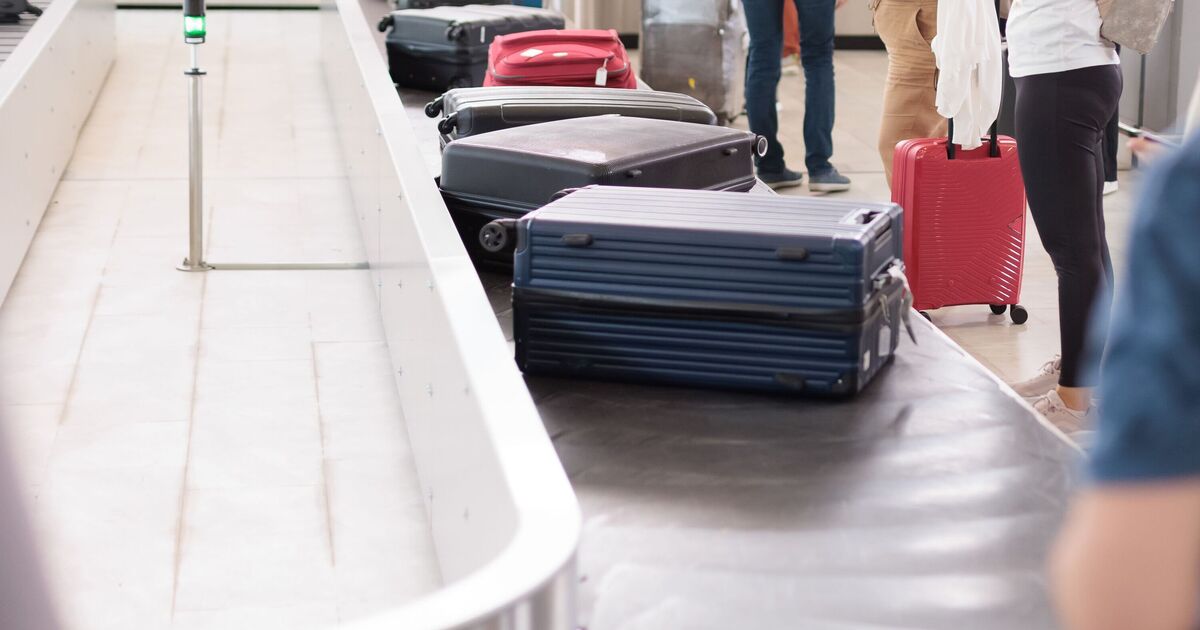Brits preparing to jet away on their long-awaited summer holidays over the upcoming weeks and months are being warned of a strict new ban on a particular travel item. The UK Civil Aviation Authority (CAA) is warning UK tourists not to pack a common item in their checked luggage as it could pose a safety risk on a plane.
The CAA, responsible for regulating and overseeing aviation safety, is warning travellers that portable chargers are not allowed in checked luggage due to their risk of catching fire, which could prove deadly if they catch fire.
They must instead be kept in a travellers carry on and also be turned off completely and not in standby mode.
The reason for the rule, which has been in place since 2016, is straightforward.
If a portable power bank becomes faulty or damaged, they can cause an intense fire which couldn’t be dealt with if it happened in the hold.
The public corporation says: “Poorly manufactured, faulty and misused lithium batteries and those which have not been protected against short circuit can experience something called ‘thermal runaway’. This results in them getting so hot that they can catch fire, explode and ignite other nearby batteries.”
To comply with the safety measures passengers must follow a series of strict measures which include the capacity of the powerbank and protecting each device individually.
The guidelines are as follows:
- Power banks must be place in hand luggage only and never checked in to the hold.
- Generally, they cannot exceed 100 watt-hours, however some airlines may allow 160 watt-hours. It is recommended to check with your airline before flying.
- Each device must be protected inividually. This can be done by taping the terminals or placing each power bank in a seperate plastic bag.
One airline even took this ban a step further, with a South Korean airline banning power banks even from the overhead locker.
Air Busan has said that passengers need to keep the devices on their person at all times.
EasyJet allows passengers to carry power banks in their carry-on baggage, but must be individually protected to prevent short circuits. There is also a limit of two power banks per passenger and power banks must also have a capacity of 100 Wh or less.
The airline’s power banks restrictions also apply to smart luggage in the cabin. For safety reasons, the airline states that lithium battery/power banks for smart luggage needs to be disconnected.
Meanwhile British Airways allows batteries of up to 100Wh, including power banks, can only be carried in cabin luggage and must be insulated from contact with metal.
Passengers are permitted a maximum of two spare lithium-ion batteries of Watt-hour between 100-160. Any power bank built into smart luggage must be disconnected before being carried into the cabin.
